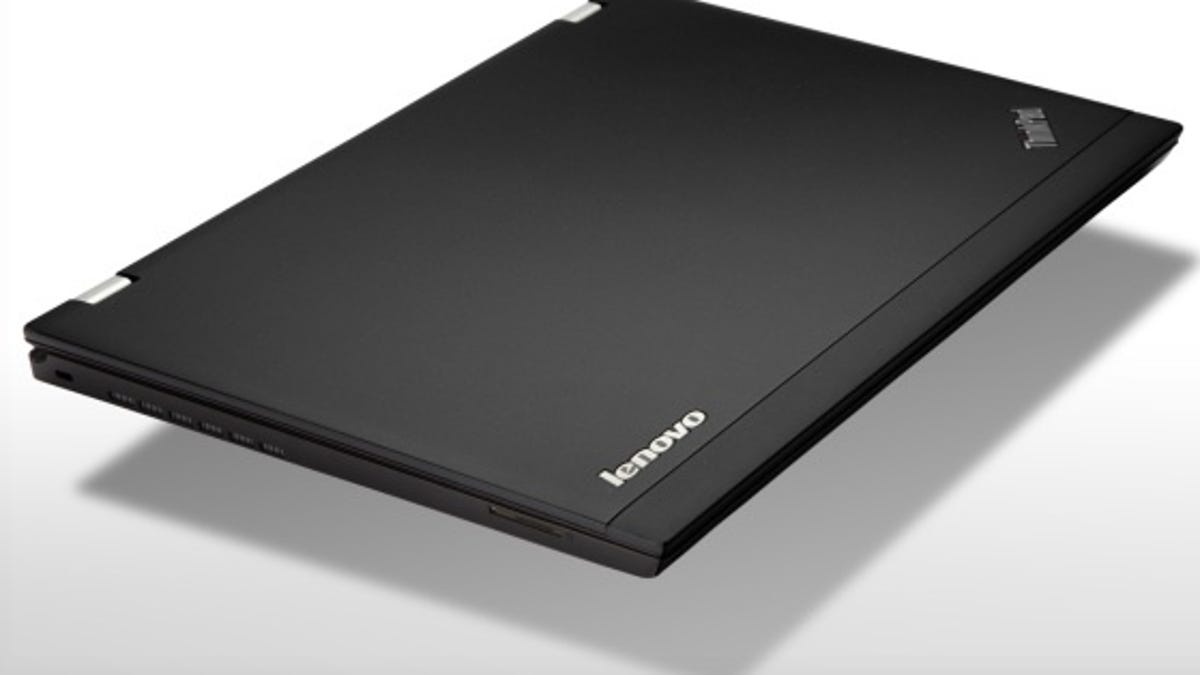Intel's Ivy Bridge chip lurks inside future ultrabooks at CES
Intel's Ivy Bridge chip will be in some of the most futuristic ultrabooks at CES.

Ultrabooks will come in two basic varieties at the Consumer Electronics Show this week in Las Vegas: present and future. The latter will incorporate Intel's Ivy Bridge processor, destined to populate all of the ultrabooks and hybrids coming out in the second half of the year.
Ivy Bridge follows the Sandy Bridge chip shipping in current and ultrabooks. While SB should be the chip of choice in ultrabooks until this summer, expect PC makers (and Apple) to make the switcheroo to Ivy Bridge after that.
PC manufacturing titans like Foxconn and Inventec were already hawking their Ivy Bridge wares in September.
Ivy Bridge is a smaller, faster version of Sandy Bridge. Here are its marquee features:
- Graphics/multimedia: This is the feature Intel has allocated most of the additional chip real estate to (rumored to be called HD 4000.) And Intel will continue to emphasize graphics and special multimedia acceleration over standard CPU processing the future. Preliminary testing shows a pretty big jump in performance. "Testing the graphics performance...ArcSoft Media Expresso, measuring Intel Quick Sync Video performance, showed a boost of 56 percent. 3D Mark Vantage graphics subtest using the entry preset showed a gain of 168 percent in 3D graphics performance," according to
CPU World.
- USB 3.0: That's built into Ivy Bridge silicon--the first time Intel is doing this. So USB 3.0 will (finally) become universal. Market researcher In-Stat has forecast that 400 million USB 3.0-enabled devices will ship in 2012.
- Intel's 3D transistor tech: Ivy Bridge is a 22-nanometer chip (Sandy is 32nm) and will be the first to use Intel's 3D transistor technology. Suffice to say, it's necessary to sustain Moore's Law--doubling the number of transistors on a silicon device every two years. As device dimensions become prohibitively small, cramming in transistors in the traditional two-dimensional fashion becomes impossible. So, 3D or vertical transistors become necessary.
- DirectX 11: a multimedia and game acceleration technology. Though Advanced Micro Devices and Nvidia already support this, with Ivy Bridge it will become standard, even in Intel-graphics-only ultrabooks. The upshot is that Intel will be able to support some higher-end gaming and multimedia features that its chips have been incapable of to date. This might include, for example, advanced lighting techniques to enhance the mood of a scene in a game or enhanced shadow effects.
See: list of future Ivy Bridge processors.

